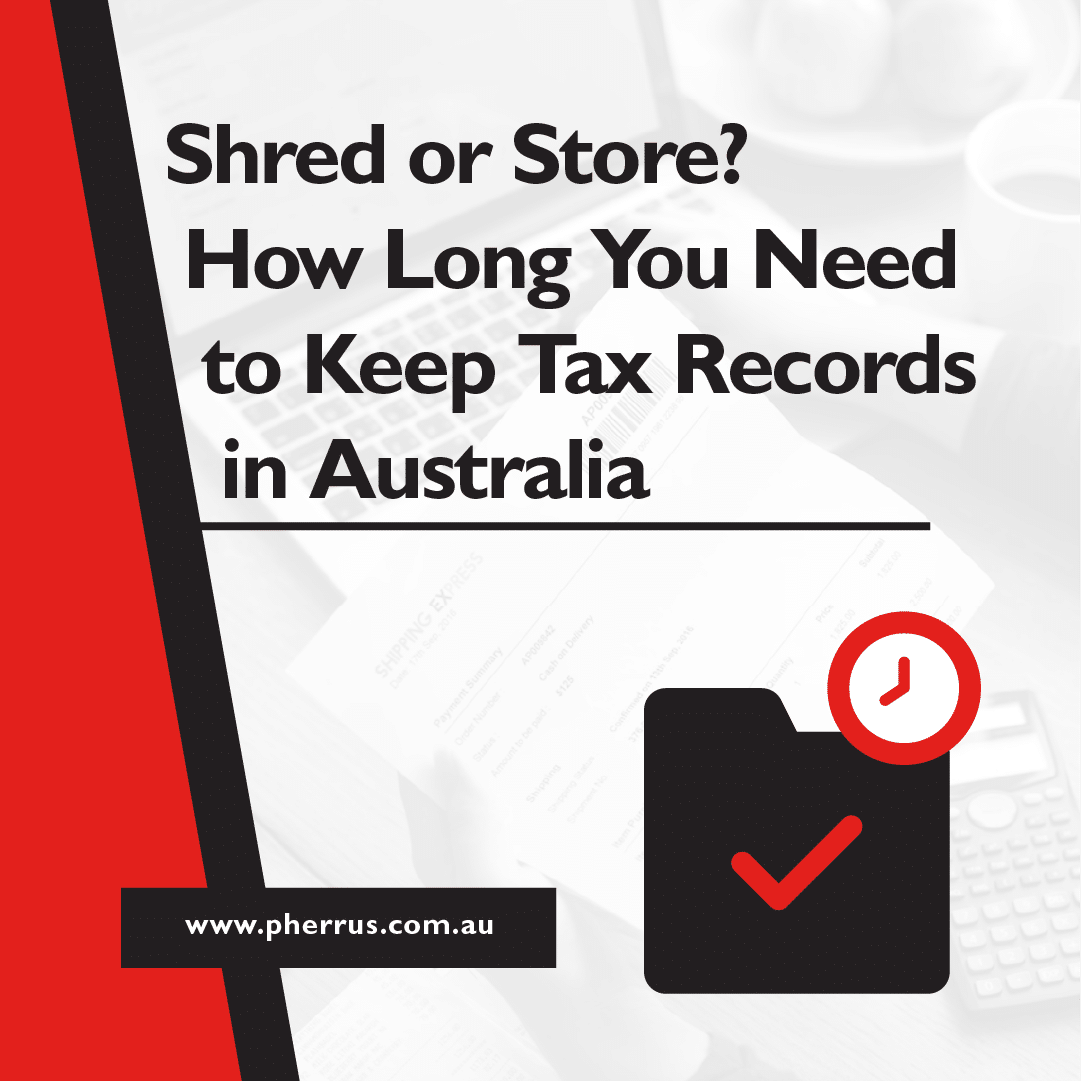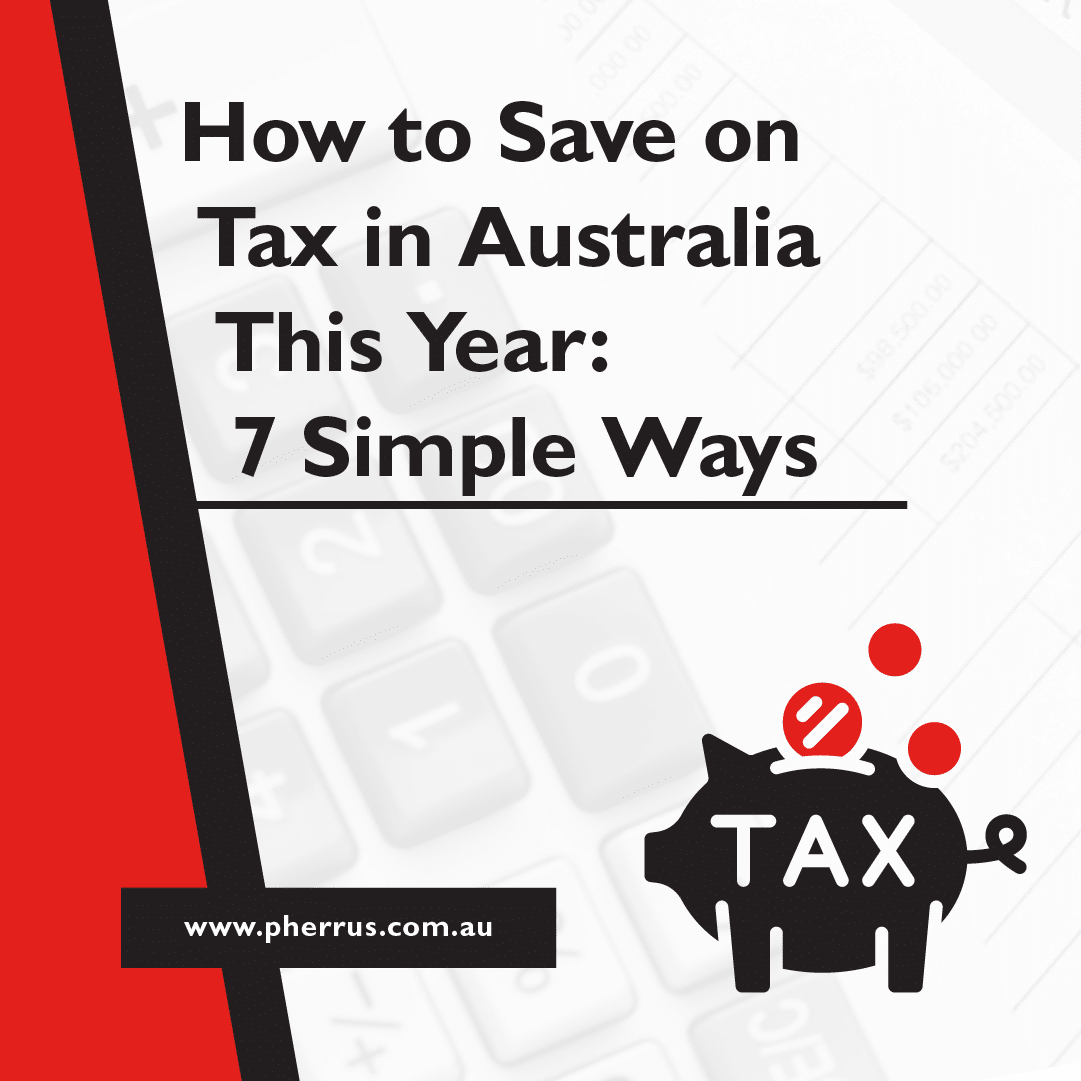To prove your identity to the ATO, you must provide two separate forms of personal identification, like your Australian passport, Australian driver’s license, Medicare card, or birth certificate.
Additionally, you may have to provide supporting documents such as utility bills, bank statements, or other official correspondence that verifies your name and residential address.
To access the ATO portal through the myGov website, you have to create a myGovID. To do this, you must prove your identity using your Australian passport, Australian driver’s license, or Medicare card, along with other supporting documents such as a birth certificate or citizenship certificate.
Once you’ve created a myGovID and password, whenever you log in, myGov will text you a confirmation code to complete the login process. Once logged in, you can access the ATO portal.











